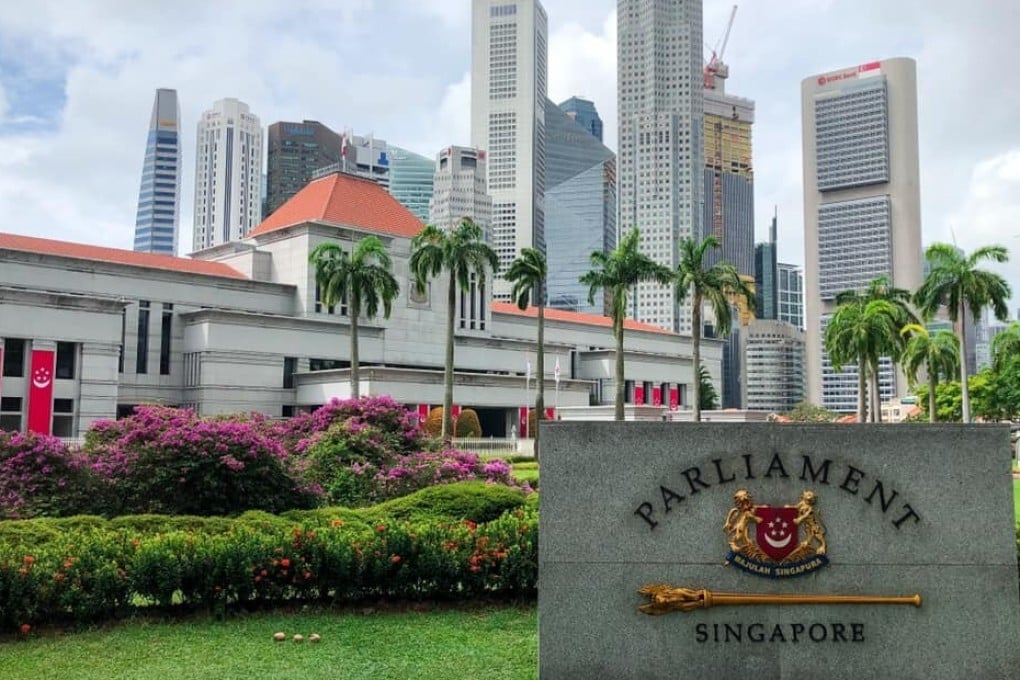Singapore to live-stream parliamentary debates, but warns MPs against theatrics
- The ruling People’s Action Party has for years argued that broadcasting the proceedings would encourage grandstanding among politicians
- The move comes amid heightened interest in parliamentary debates by Singaporeans, who voted through a record 10 opposition MPs in the July general election

Singapore’s government said on Friday it agreed “in principle” to live-stream parliamentary proceedings, a move that would mark a major U-turn in policy after officials for years argued that doing so would encourage grandstanding among politicians.
The new parliament session’s first major debate this week – over the ruling People’s Action Party’s (PAP) agenda for the electoral term – took place amid heightened interest from citizens over the legislative proceedings.
S. Iswaran, the Minister for Communications and Information, told parliament on Friday that the mooted change was in line with global and technological trends that had made online streaming commonplace, and amid more legislatures beaming their proceedings to citizens.
While the administration continued to have its previous reservations, it now “agrees in principle to the live-streaming of parliamentary proceedings”, Iswaran said, adding that his ministry would now study the technical and implementation details of the policy change.
“Our aim, as always, will be to achieve transparency, accountability and accessibility while preserving the integrity and dignity of parliamentary proceedings,” he said.
“An element of cut and thrust is unavoidable, even necessary, because members want to show Singaporeans that their concerns are being expressed, and questions asked and answered in parliament,” the minister said. “However, it is equally important that members come to grips with the issues and their complexities and not simply play to the gallery. Live broadcasts risk compromising this ... We still hold these reservations.”